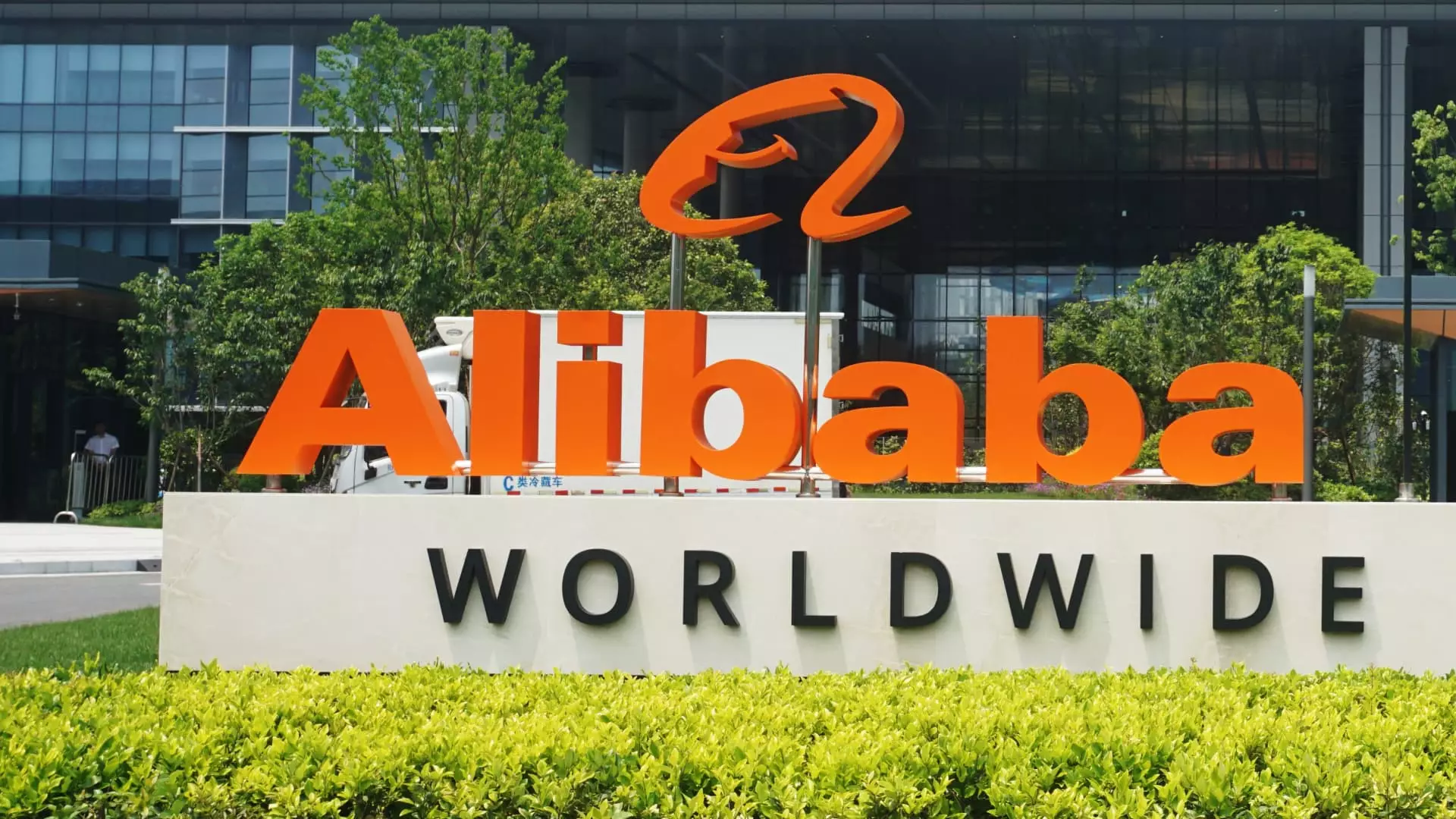The landscape of international e-commerce is rapidly evolving, and at the forefront of this transformation is Alibaba, one of the world’s leading e-commerce giants. Recently, Alibaba’s international division unveiled an upgraded version of its artificial intelligence-driven translation tool, dubbed Marco MT. According to Alibaba, this advanced tool surpasses similar products offered by well-known entities like Google, DeepL, and ChatGPT. The assertion is backed by an evaluation from Flores, a translation benchmark framework. This development hints not only at a competitive edge for Alibaba but also highlights a pivotal shift in how technology can enhance global trade.
Alibaba’s updated translation service is positioned as more than just a utility; it is designed to be a crucial ally for merchants navigating the complexities of international markets. With a foundation built on large language models, Marco MT leverages context-specific cues, including cultural nuances and industry-relevant terminologies. Kaifu Zhang, the Vice President of Alibaba International Digital Commerce Group, emphasized this point in an interview, stating that the tool should bolster merchants’ profitability, which in turn, supports Alibaba’s platform overall. This insight reveals a clear understanding of the synergetic relationship between the marketplace and its users—when merchants thrive, the platform does as well.
The core component of Marco MT is its proprietary model named Qwen, which allows it to interpret and adapt translations based on varying user contexts. This advanced capability is critical in today’s globalized economy where literal translations often miss the mark, potentially alienating consumers from different cultural backgrounds. In fact, Alibaba has indicated that a literal translation of certain terms may not resonate with foreign buyers, exemplifying the importance of nuanced communication in e-commerce.
Anticipating robust interest from markets across Europe and the Americas, Zhang underlined that emerging economies also represent a significant area for AI tool utilization. Indeed, Alibaba’s data suggests that about half of its top 20 active users of AI tools hail from developing nations. This insight emphasizes a key shift in e-commerce dynamics, wherein Chinese companies and merchants are increasingly venturing into international territories. Recent entrants like PDD Holdings’ Temu and fast fashion brand Shein signify this trend, as they utilize platforms like Alibaba and Amazon to reach wider audiences.
Since the pilot launch of its initial translation tool, Alibaba has reported extraordinary engagement, citing over 100 million product listings facilitated by the service. This metric illustrates the essential role AI translation plays in empowering merchants to connect more effectively with their target consumer base, thereby driving global commerce.
Much like other AI-driven services, the pricing model for Marco MT is structured on the volume of text translated, although specifics about cost are still under wraps. What is apparent, however, is that Alibaba intends to incorporate the tool into service packages that offer basic exposure to overseas markets. Zhang contends that improved contextual translations are crucial for enticing potential customers. For instance, a translated description of a product that lacks cultural sensitivity could seriously hinder its appeal among English-speaking consumers.
Ahead of the highly anticipated Double 11 shopping festival, Alibaba predicts that the upgraded translation engine will enhance user experience through more authentic representations of its products. This commitment to providing a seamless shopping experience is indicative of Alibaba’s strategic focus on expediting its merchants’ success, which is vital as competition intensifies in the international e-commerce space.
Alibaba has achieved notable sales success in its international unit, which reported an impressive 32% increase to $4.03 billion in the latest financial quarter. However, this stands in stark contrast to the more stagnant performance of Alibaba’s primary Chinese e-commerce platforms Taobao and Tmall, which experienced a modest year-on-year decline of 1% to $15.6 billion. This divergence underscores the challenging landscape of the domestic market, prompting Alibaba to further invest in and strengthen its international offerings.
Nomura analysts project that Alibaba’s international revenue growth may see a slight moderation to around 29% in upcoming financial quarters. Despite these fluctuations, the narrowing of operating losses represents a positive trend for the e-commerce behemoth.
Alibaba’s Marco MT translation tool is a bold step towards reshaping the global e-commerce arena. By emphasizing contextual understanding and cultural relevance, Alibaba is not just enhancing merchant capabilities but is redefining how international trade can be navigated effectively. As the world of commerce continues to fluctuate due to a myriad of factors, Alibaba’s innovative endeavors may serve as a catalyst for future advancements in global business dynamics.

